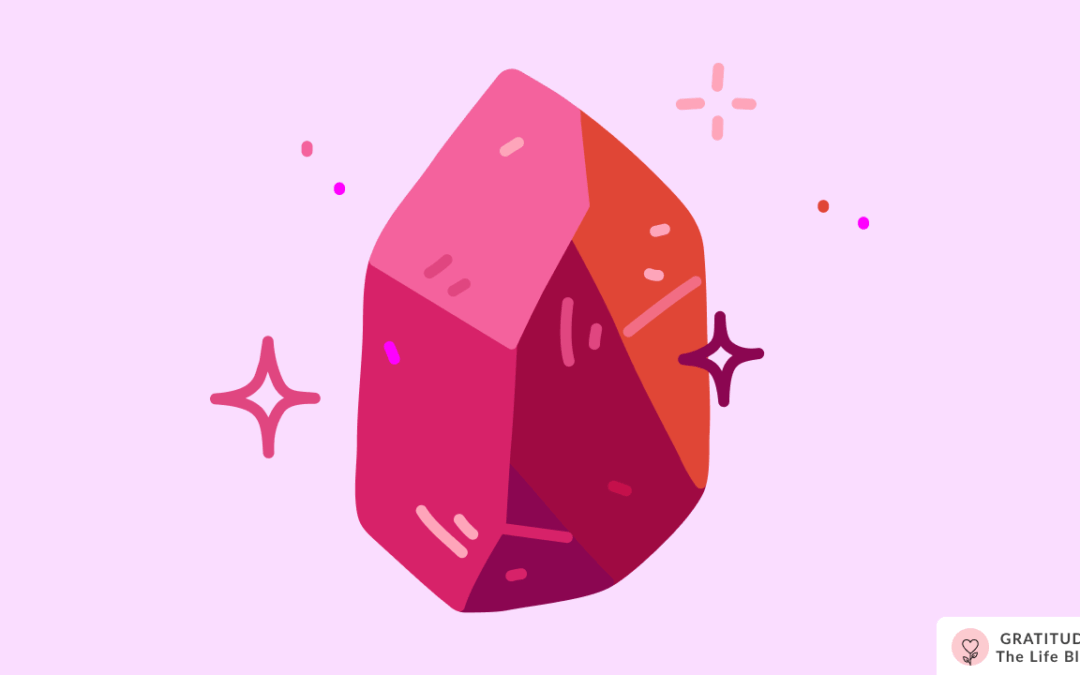I always thought of myself as an optimist. But optimism gets tested—hard—when homelessness and joblessness strike at the same time.
In 2019, I left engineering school against my traditional family’s wishes and suddenly found myself without a home in a city where I knew no one. For months, I had nowhere to turn.
Luckily, the local university had a 24-hour study library. I lived there. Not in the technical sense—because officially I wasn’t a student yet—but in every other way I was a full-time learner: reading, writing, dreaming of one day having my own place. I remember spending cold nights curled across library chairs, using rowed seats as makeshift beds. I sold sweets on campus just to scrape together money for fatcakes. I showered at friends’ houses and slept on their floors when I could.
Those same friends also brought warm meals, invited me out to distract me from my worries, and listened patiently as I aired my ambitions of taking over the world someday.
Why Gratitude Matters to Me
Gratitude rewired my focus.
In the middle of scarcity, it would have been easy to fixate on loss—on what I didn’t have, on who I had disappointed, and on how uncertain my future felt. But gratitude helped me notice what was still present: a warm bowl of food, a shower, a friend’s care, the quiet of a library at 2 a.m. That noticing slowly transformed how I felt inside.
Gratitude kept my hope honest.
It didn’t erase my hardships, but it allowed the hard parts to share space with the small, sustaining joys. That balance kept me going when I might otherwise have given up.
Gratitude attracts growth.
As I started being grateful for tiny mercies, I began to recognize opportunities and to show up differently—more open, more resilient, more ready. Those shifts mattered.
When I Realized the Importance of Gratitude
I didn’t have one dramatic awakening. The realization snuck up on me gradually and quietly. It started with the small habit of jotting down one good thing each night: a friend’s kindness, a warm meal, a few hours of productive study.
Then, in 2020, I discovered an organization that supports struggling students. I was accepted, enrolled in the English and Linguistics program, and—crucially—introduced to the Gratitude app. Using the app consistently became the bridge between survival and transformation.
After a few months, I noticed my mood and focus changing. Months later, as I reread my earlier entries, I saw a timeline of small mercies and realized how blessed I already was—even when my outer circumstances didn’t reflect it.
How I Maintain an Attitude of Gratitude
At first, it was difficult, but now I cultivate a daily gratitude practice. I’m always specific—not just journaling “I’m grateful for friends,” but “I’m grateful that Mestizo brought me a hot meal tonight” or “I’m grateful I finished that essay and felt proud.” Specificity makes gratitude tangible.
Morning routine: Some mornings I start with a short reflection—three things I’m thankful for and one intention for the day. It sets the frame for how I approach whatever comes.Re-reading entries: Every few months, I scroll back through old entries. Seeing what I once feared but overcame is a powerful reminder that life changes—and often for the better.Gratitude in action: I try to return generosity whenever I can—mentoring, coaching chess, sharing a meal, or simply lending an ear. Gratitude grows when it’s given back.
The Outcome
Gratitude wasn’t a magic wand that instantly fixed my circumstances. But it was the avalanche that created momentum and reshaped my life.
Over time, I successfully completed my degree with top honours in English and Linguistics, enrolled in a BCom in Law, and found steady work that feels like a calling—or perhaps it found me. I moved into a classy place I now call home. And I became a sought-after chess player, coach, organizer, arbiter, and writer.
I now blog about life, growth, self-discovery, personal mastery, and the process of becoming who I want to be.
Looking back, the Gratitude app was more than just a tool—it was a companion. On nights when exhaustion and doubt were loudest, it reminded me to look for small lights. Those lights added up: new friendships deepened, opportunities appeared, and my inner landscape shifted from scarcity to abundance.
A Few Honest Truths
Gratitude isn’t denial. Being thankful doesn’t mean minimizing pain. Those cold nights and anxious days were real. Gratitude simply made space so that pain and hope could coexist.Gratitude is a practice. Some days it feels natural. Other days, I have to force myself to find one small good thing. That’s okay—consistency matters more than perfection.Gratitude multiplies. The more I named and celebrated small blessings, the more things I found to be grateful for.
If You’re Struggling Now
Start with one tiny thing tonight—one meal eaten attentively and appreciatively, one friend made to feel special, one hour of focused study—and put it in writing.Use a tool—whether a notebook, an app, or a voice note—to capture gratitude consistently.Revisit earlier entries. Let your past resilience remind you of your capacity to endure and grow.
Final Note
My journey from library chairs to a comfortable apartment, from joblessness to a calling, was neither quick nor easy. But it was shaped by a persistent willingness to notice goodness, even when it was smallest. Gratitude didn’t erase the dark clouds, but it taught me how to find the silver linings—and eventually, how to create them.
Thank you for reading. I hope my story encourages you to lean into gratitude in whatever form fits your life.


Recent Comments